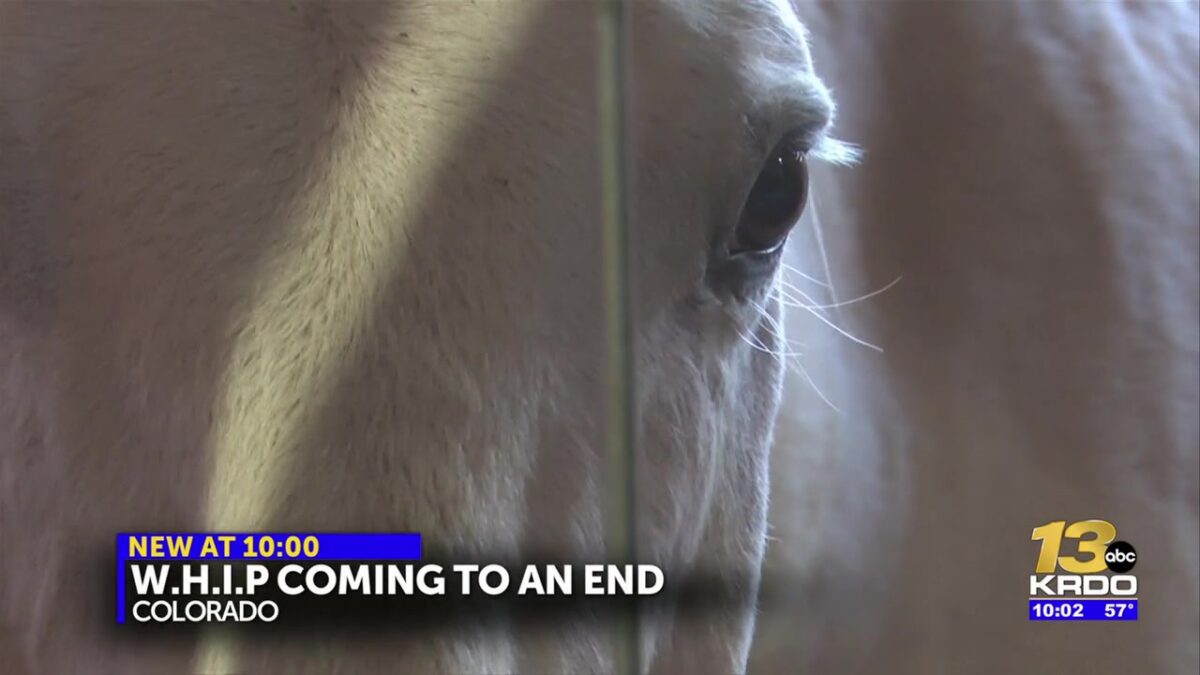Bureau of Land Management announces the end of Wild Horse Inmate Program in Colorado

Marina Garcia
Colo. (KRDO) — The Colorado Department of Corrections (CDOC) has confirmed the end of the Wild Horse Inmate Program, which provided rehabilitative skills to inmates for 30 years.
According to CDOC, the program was a partnership with the federal Bureau of Land Management (BLM), which provided the notice to CDOC that the program would conclude at the end of November.
CDOC says the program provided unique rehabilitative skills to the incarcerated population while supporting the BLM’s mission to manage and protect wild horses and burros.
“We are saddened by the discontinuation of this successful partnership and impactful program,” said Andre Stancil, Executive Director of CDOC. “The Colorado Department of Corrections is immensely proud of the legacy of this program and the positive impact it has had on participants, staff, and the community. While we regret the end of this chapter, we remain committed to working with BLM to ensure a smooth transition and to creating new opportunities that advance our mission of rehabilitation and public safety.”
CDOC says that it will remain committed to creating new opportunities that advance recovery and public safety.
CDOC confirms that BLM will oversee the relocation of the 100 horses in the program.
A specialist who spoke to KRDO13 says she’s seen how interacting with animals can change a person’s life.
Faithful Hearts is an equine learning center in Woodland Park, which doesn’t partner with the Wild Horse Inmate Program, but was sad to hear the news.
The organization uses horses to help people who are dealing with mental health struggles, a method they swear by. One big reason is the unique setting where the therapeutic benefits come in a barn rather than an office.
The director of Faithful Hearts says she’s witnessed it where clients struggling with substance abuse can come away with an entirely new perspective.
“Just to watch those, some of those, you know, grown men break down into tears when they realize, you know, the horse can sense everything and the horse can see right through him. And they just need to be honest and real with themselves. And it gets to the root of the reasons for the addiction, not just kind of masking,” says Stephanie Smith.
Smith says the horses are patient and submissive, but if people want their horse to cooperate, they’ve got to work for it.
“If they want that kind of response, they’ve got to learn to control their emotions and their energy in their presence. And so that’s where the real healing starts to take place. And self-awareness.”